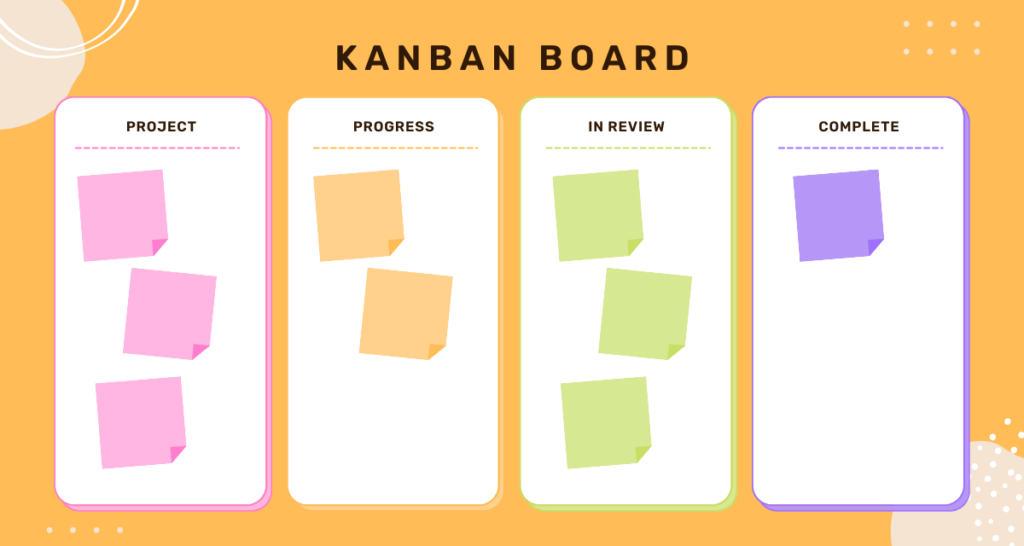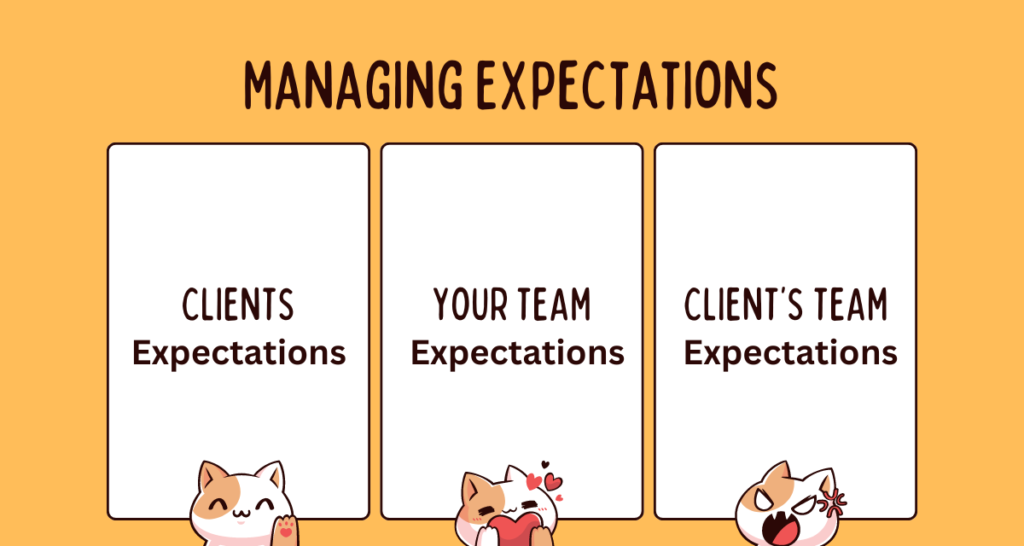Agile Project Management in Consulting: A Transformative Approach
- April 13, 2024
- Posted by: IMC Nigeria
- Category: blog

Image by katemangostar on Freepik
Agile Project Management in Consulting: A Transformative Approach
The consulting industry is rapidly evolving, and Agile project management has emerged as a transformative force. Agile methodologies, originally conceived in software development, have proven their value in the consulting domain, offering flexibility, efficiency, and client-centricity. This post delves into the application of Agile methodologies to consulting projects and addresses the challenges faced when implementing Agile in consulting engagements.

Applying Agile Methodologies to Consulting Projects
Embracing Flexibility: Agile project management thrives on adaptability. In consulting, this means being prepared to pivot strategies as client needs and market dynamics change. By adopting an iterative approach, consultants can deliver incremental value, ensuring that each phase of the project aligns with the client’s current objectives.
Client Collaboration: Agile is synonymous with collaboration. Consultants must work closely with clients, involving them in every step of the project. This partnership fosters transparency and ensures that the project outcomes are closely aligned with the client’s vision.
Continuous Improvement: A core principle of Agile is the commitment to continuous improvement. For consultants, this translates to regular retrospectives and feedback sessions that refine processes and enhance the quality of deliverables.
Overcoming Challenges in Implementing Agile in Consulting Engagements
Cultural Shift: Adopting Agile requires a cultural shift within both the consulting firm and the client organization. Consultants must champion this change, advocating for the benefits of Agile and guiding clients through the transition.
Tailored Methodologies: There is no one-size-fits-all Agile methodology. Consultants must tailor Agile practices to fit the unique context of each project, balancing structure with flexibility to meet specific project demands.
Managing Expectations: Setting realistic expectations is crucial. Consultants should clearly communicate the Agile process, including its benefits and limitations, to ensure clients have a realistic understanding of the project trajectory.

In conclusion, Agile project management holds the promise of revolutionizing consulting engagements. By applying Agile methodologies and overcoming implementation challenges, consultants can drive success in an ever-changing business landscape. Embrace the Agile spirit, and watch your consulting projects thrive.
CLICK HERE TO JOIN IMC NIGERIA
